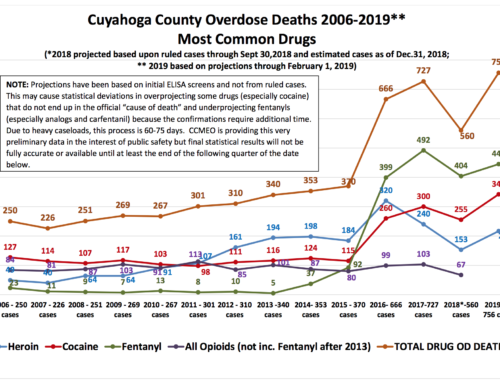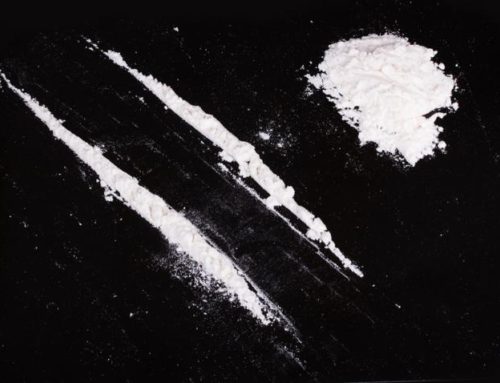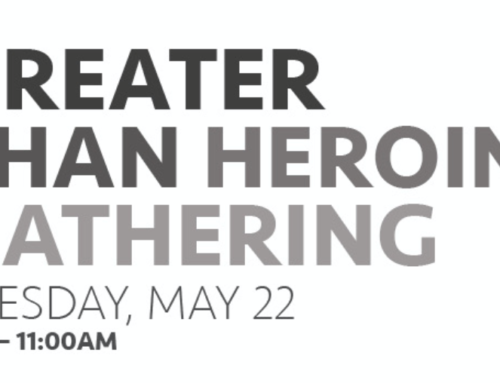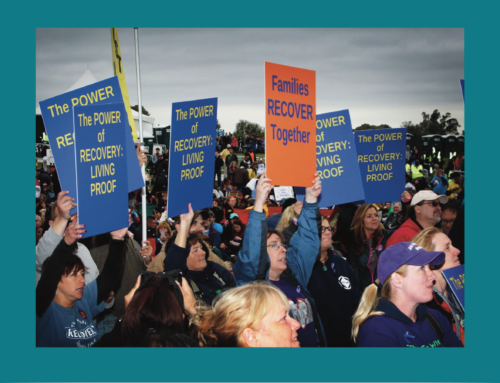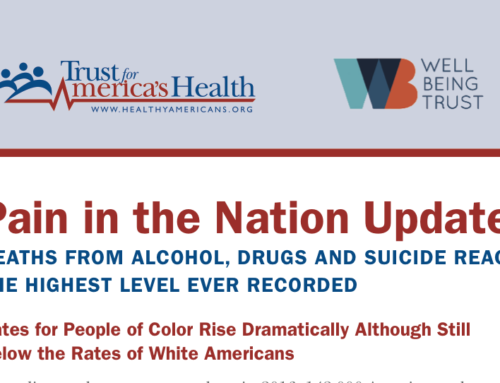April 19, 2018
Fr. Bob introduces himself, the event, and everyone around the room gave their name and which organization they represented. Wide range of people in attendance: everyone from clergy, public service, to family members of those suffering with addiction.
Overview of progress made thus far.
- What we need to do is connect this cause with someone we know: humanize it
- There is a big focus for Drug Take Back Day on April 28th
- Why should we promote this?
- Where should you take the drugs? Are these locations everywhere?
- These are valid concerns. This information needs to be readily available to all
Feedback from the crowd: before the videos
- We need an accurate, tangible list of places where drugs can be dropped off: Here’s the Link
- We need to emphasize that it’s not just one day people can do this; people can do this every day!
- Which social media accounts are we focusing on? Can we expand?
- Currently Fr. Bob is using Facebook as the main platform
- Can we get just a PDF of the Drug Take Back Day to share with churches/orgs?
- People want the info concise & up front!
- Can we have access to the videos to share?
- Available on website
Feedback After the Videos:
- Overall, generally positive feedback
- Loved that there was one in Spanish
- Needs the words shown on the screen to be in Spanish too, not just the voice
- Can we have one towards the Islamic and Jewish Communities as well?
- Include list of drugs that are abused. People may assume it’s just opiates, but there’s more
- Idea: make a hashtag for this movement
- Allow people to see the progress that has been made from them dropping off their drugs and the contribution it is making to the overall cause; could inspire others too
- Can we get volunteers to help elderly or homebound get their unwanted drugs to the safe locations? This would be a challenge to make sure they are not abused or sold, but if we could execute this safely, could be helpful.
- Everyone should share, like, post, these videos and info this week to promote this “spring cleaning”
- Are we utilizing church bulletins? Get this info out and in the bulletins
- Make sure people know they can donate any time and where they can do so
- People may fear repercussions if they turn in their drugs; we need to reassure them that it is okay
- Perhaps provide necessary literature and resources at these drug drop off locations
- We are trying to create public momentum
- The videos were posted on Monday and already have 5,000+ shares. Imagine if we all go home and share/post
- Get the fliers we have but in Spanish
- Can we get this drug take back message to air on the radio? What about the news? If you have contacts, do reach out!
- Bold ANONYMOUS on flier so people know that it’s okay
- We all need to work together and take these steps forward
- People are fearful that if they call 911 when someone overdoses, they will get in trouble. We need to eliminate the fear!
Post-Lunch Discussion
- Bob proposes light discussion of “talking points” while eating, so we can discuss as a group
- Each person fills out their own sheet of talking points, which we will talk about as a group, and collect for development
- Dustin Russell speaks
- Great efforts in Lake County; need to spread to all counties
- We need to create workplace awareness of this issue
- What are we doing on all fronts to open this conversation?
- Every year, American Employers lose 80 million employees annually due to drugs/absenteeism, etc.
- We need to change this!
Talking points:
- Who is your audience?
- What are your three talking points?
- Repetition is key and the mother of learning
- Doing this exercise because we really need to start talking about this issue instead of keeping it hush hush.
First Example:
Audience: Family
- You need to know addiction & the dangers
- Start the conversation
- Just 1 and you’re done
- Suggestion: anonymous tip line via text
- Crime Stoppers is working on this
Second example:
Audience: Post-treatment patients
- You have purpose. We just need to find it
- There is Help
- There is Hope
Third example:
Audience: Addict
- Find something that means more to you than the drugs
- You are more than the choices you have made
- If you’re breathing, there is still hope. It’s not too late
Fourth example:
Audience: Youth (prevention)
- Prevention is key!
- Must reach them while they are young (before 13)
- Impact them with good things that are larger than life; good role models that support being drug free
Fifth example:
Audience: Elementary and High School Students
- Don’t dismiss gateway drugs
- Look got God/higher power for relief
- Don’t fear being a “wimp.” Let’s make being drug-free “cool.”
Sixth example:
Audience: Those coming back into society (ex: from prison)
- You’ve gone through the hardest part
- 1 more could kill you
- Recovery, help, hope, support is there
Seventh Example:
Audience: Addiction is a disease
- Remove stigma; it affects all of us
- Addiction is a disease
- Treatment needed on demand & insurance should cover it
Eighth Example:
Audience: 20/30 year olds or grandparents that raise their kids’ kids
- Education prevention
- Get rid of meds
- Don’t be afraid to ask Drs. & Dentists good questions
- Know the signs & create deeper awareness
Last Example:
Audience: General
- Addiction is an epidemic…opioids are not the problem
- We need to change the language from “addicts” to “people with substance abuse disorder.” Wow, so profound! J
- Closing Remarks
- Collect Contact Info/Interest sheet/ talking points
- Look at their interests to form future groups and expand the cause initiatives

